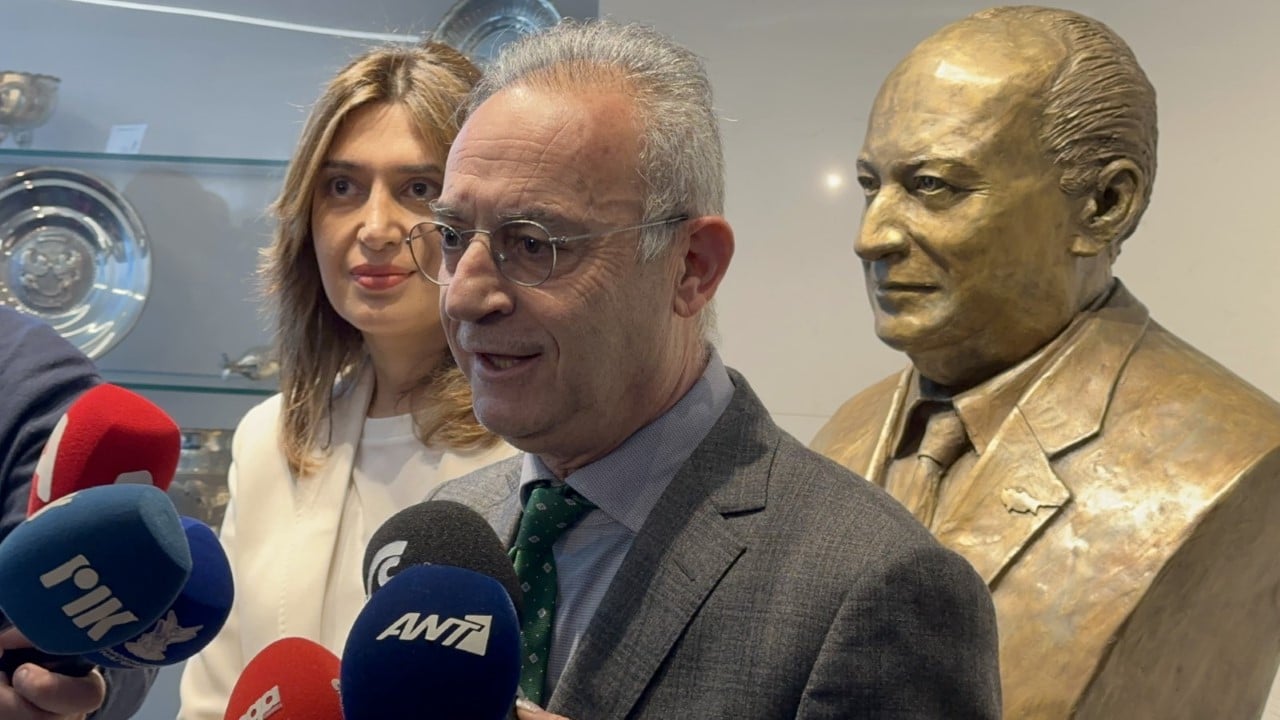Disy MP Averof Neophytou on Monday slammed the government for what he called reckless spending on payroll, even citing himself as a beneficiary of this ‘largesse’.
Speaking on a television news programme, the former Disy chief revealed that his own earnings have gone up by €850 a month since the Cost of Living Allowance (CoLA) was boosted from 50 per cent to 66.7 per cent.
The €850 bump includes the 1.5 per cent ‘horizontal increase’ for the wages of public-sector workers, granted by the government in July. That raise also applies to MPs.
“Just because public coffers currently have money, that doesn’t mean we should spend it recklessly,” Neophytou commented.
The MP said he was categorically against the upgrade of CoLA and the untargeted manner in which it was given – without being pegged to productivity or GDP growth.
“The way we’re headed, with this largesse in the public payroll, with state expenditures already doubled in the last few years, and with the needs of Gesy (national health system), you can be sure that in five to eight years we’ll be whistling for the troika and they’ll come running,” he warned.
He was referring to the ‘troika’ of international lenders who bailed out Cyprus in 2013.
“Perhaps it won’t be with this administration that they [the troika] will come, but possibly with the next government.”
Neophytou said he realises he may be displeasing some people with his comments, but one had to call a spade a spade.
“You can’t say you’re worried about the state payroll on the one hand, and on the other hand welcome the increase in CoLA,” he added.
Asked whether these opinions have brought him any political cost, he replied: “The cost was manifest in the presidential elections.”
In 2023 Neophytou ran for president on the Disy ticket, but crashed out having received just 26 per cent of the votes in the first round.
It was 15 years ago when the government last granted a general increase to public-sector workers.
Collective agreements are typically renewed every three to four years, and they involve a general pay increase – a fixed percentage rise for all, regardless of payscale.
But in the collective agreements that came after those of 2009, no general increases were agreed because meanwhile the financial crisis had broken out, culminating in the 2013 meltdown and commitments made to international lenders to rein in the public payroll.







Click here to change your cookie preferences